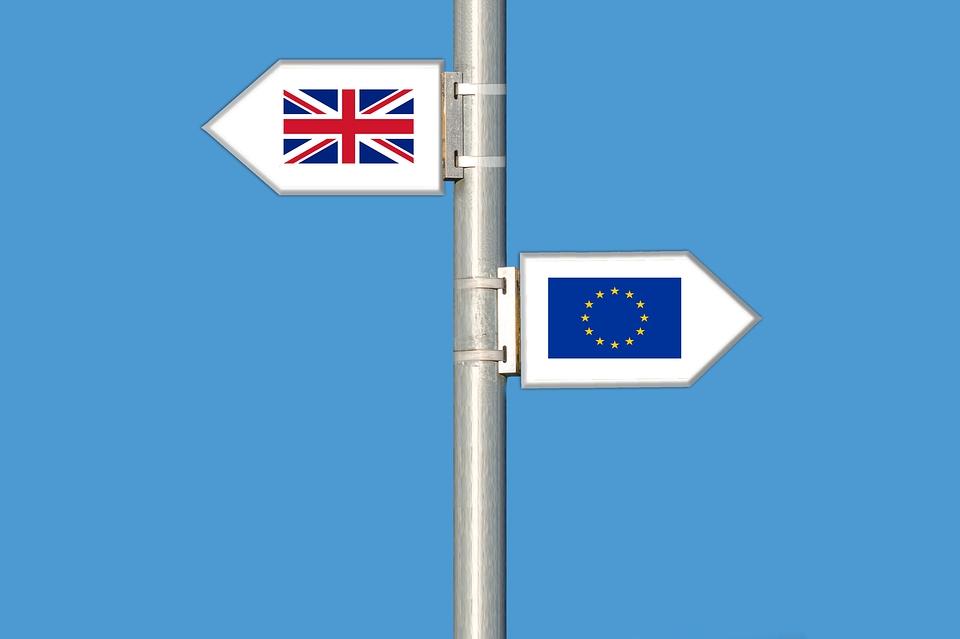BNY Mellon: Brexit Weekend Update
BNY Mellon: Brexit Weekend Update

By Simon Derrick, Chief Currency Strategist, BNY Mellon
By Simon Derrick, Chief Currency Strategist, BNY Mellon
As might have been expected, the weekend has seen some developments on the question of Brexit. Here are the key developments going into the market open.
A: The UK Prime Minister’s Cabinet
Thursday morning saw the resignation of Dominic Raab who held the role of Brexit Secretary. However, Mr Raab has continued to express his support for Prime Minister Theresa May over the weekend. He has also shown support for further negotiation with the European Commission on the question of the Irish border Brexit backstop.
Key member of the PM’s cabinet are also reported to be urging the PM to seek to go back to Brussels and renegotiate, in particular over the Irish backstop.
B: Is there an appetite within the EU for further negotiation with the UK either now or after the vote in Parliament?
Austrian Chancellor Sebastian Kurz told Die Presse: “We think the deal is a good one, and so it's not about renegotiating but deciding on the present draft.”
German Chancellor Angela Merkel has said: “We have a document on the table that Britain and the EU 27 have agreed to, so for me there is no question at the moment whether we negotiate further.”
The Daily Telegraph reports that heads of state and government of the remaining 27 member states will press on with an emergency Brussels summit to back the Brexit deal set for November 25 irrespective of developments in the UK.
C: Is there sufficient support at present in the UK Parliament for the negotiated deal as it currently stands?
The date for this will be dependent on when an agreement is formally reached between UK and EU negotiators. It is expected that the vote will take place within two weeks of the final EU summit. Some talk has emerged that the vote could take place on December 18.
Given everything that is currently known it appears unlikely that the negotiated deal as it currently stands will be voted through when it finally comes to Parliament.
D: What happens if Parliament rejects the deal?
Assuming that all further options for negotiation with EU have been exhausted and that the UK Parliament remains deadlocked both on the existing deal or on an alternative course of action then this would lead to a "no deal" Brexit by default.
E: Another election
There are two provisions that trigger an election other than at five year intervals:
1: A motion of no confidence is passed in Her Majesty's Government by a simple majority and 14 days elapses without the House passing a confidence motion in any new Government formed.
2: A motion for a general election is agreed by two thirds of the total number of seats in the Commons including vacant seats (currently 434 out of 650)
F: A second referendum
A second referendum could be triggered if the government introduced a bill to enable one that was then passed by Parliament. Alternatively, amendments could be added to the proposed legislation on Brexit.
The Independent reports that “a string of Tory MPs” have told the paper that “the only remaining option if Brexiteers block Ms May’s approach will mean being more closely bound to the single market or even revisiting the 2016 referendum result.”
Labour’s position on a second referendum remains unclear.
G: What else?
Sky News’ deputy political editor Beth Rigby tweets that Conservative Party whips are shoring up support for this week’s finance bill, over fears that some MPs might abstain.
Conclusion
While there remains some talk of a leadership challenge to the PM from within her party, the majority of the debate in the UK this weekend has been over the negotiated deal itself. However, with little sign that other members of the EU are willing to negotiate further, the risk is that the deal as it currently stands is presented to the UK Parliament in December and is rejected.
While it is certainly possible that the deal could subsequently pass as concerns about a hard Brexit mount, this is not the only option. With talk of a general election also noticeable by its absence this weekend and mixed signals about support for a second referendum, the risk of a hard Brexit cannot be entirely discounted.
From the perspective of the currency markets this continued lack of clarity going into a key week for the UK suggests that investors will likely take a cautious approach to GBP. It’s therefore worth recalling once again that since 1971 GBP has only seen 309 closes below the August closing low of USD 1.2696. The average reading of 21-day realized volatility (measured on a close-close basis) for these days comes in at 12.74%. This compares to an average reading of 8.55% since 1971. The average reading since the start of this month stands at 10.55%.
